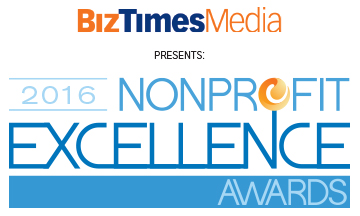Research study on Parenting and Language Learning in Young Children with Down Syndrome
If you have a child with Down syndrome between 2 and 5 years of age, you and your family are invited to participate in a research study conducted by Dr. Audra Sterling at the Waisman Center, University of Wisconsin – Madison.
The purpose of this study is to learn more about the relationships among parenting, social interactions, and language learning in children with Down syndrome.
If you decide that you and your family would like to participate in this study, we will ask you to complete questionnaires related to your child’s development and daily behaviors, as well as your marital relationship and overall health. We will come to your home and record your family as you interact during different daily activities, such as during making a snack together, playing and reading a story. During our visit, we will also complete developmental assessments through interacting with your child. Additionally, we will request that you use our audio recording device to record 1-2 evenings for three hours before bedtime. Your family will be compensated $50 for your time.
If you are interested in this study or would like to learn more, please call the Study Coordinator at (608)263-5145 or email RIDDLL@waisman.wisc.edu
Study on Spoken Language in Children, Adolescents and Young Adults with Down Syndrome
If you have a son or daughter with Down syndrome between 6 and 23 years of age,
you and your child are invited to participate in a research study being conducted by Dr. Audra Sterling at the Waisman Center, University of Wisconsin-Madison. This research study is part of a larger team with four different sites across the United States.
The goal of this study is to learn more about how samples of spoken language can be used to measure change over time in the spoken language, problem solving, and behavior of individuals with genetic syndromes. In the future it is possible that measures of spoken language production may be useful as one way to learn whether different drugs can help individuals with genetic syndromes to learn and use language more effectively.
If you decide that you and your son or daughter would like to be in this study, we will ask you to visit the Waisman Center for either one, two or three visits. At each visit, we will collect a sample of your son’s or daughter’s language in two different settings: a conversation with the examiner and telling a story from a wordless picture book. We will also give your child some tests that will measure his/her problem solving skills and how much language she/he understands. We will ask you to fill out some questionnaires and participate in an interview about your child’s everyday living skills.
If you would like to learn more about this study, please call/email our study coordinator, Susen Schroeder: (608) 263-5145, sschroeder@waisman.wisc.edu






